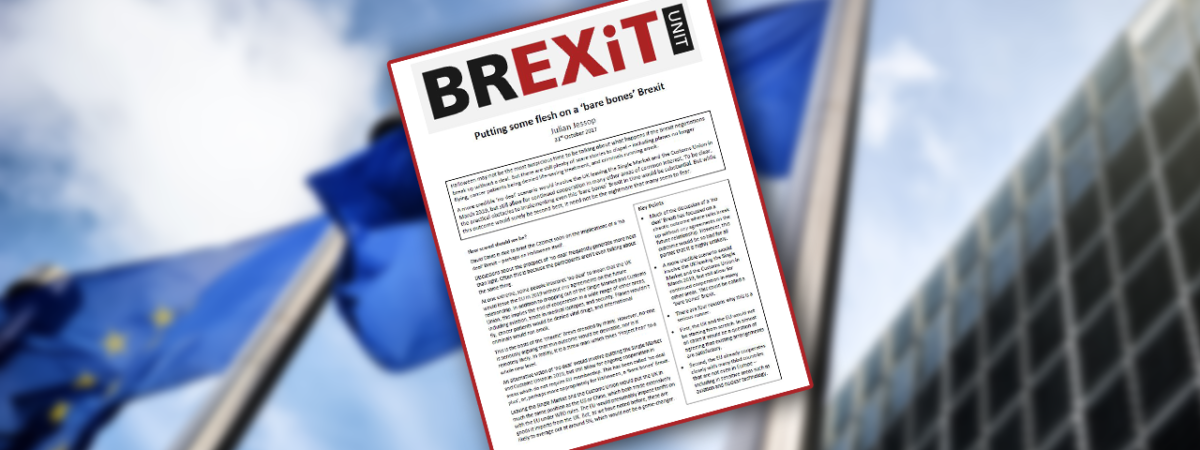SMPC votes unanimously to raise Bank rate in November
SUGGESTED

Embrace private sector education in post-conflict states to improve standards

UK has nothing to fear from a 'bare bones' Brexit deal

At its October 2017 face-to-face meeting, the Shadow Monetary Policy Committee (SMPC) voted unanimously to raise Bank rate in November. This outcome is the most decisive vote in well over ten years. Of the nine, six wanted to see an immediate hike of ½%, while three preferred to see a ¼% increase. But as well as agreeing that rates should go up, they also decided that the bias should be for further tightening. Concerning QE, three members explicitly said they wanted to see efforts to start to roll it back. One of the three was wary that if QE was withdrawn and money supply growth slowed as a consequence, this could tighten monetary policy too quickly, arguing for caution in raising rates.
Emergency-low interest rates can no longer be justified when the world economy is showing its best performance in ten years, and UK inflation is back to a five-year high. It is not that there is a severe inflation problem; we all know that there will be some fall back in 2018 when the impact of the decline in the pound drops out of the calculation. Instead, the key points are that the UK has weathered the shock of the Brexit vote much better than most had expected and that the precautionary cut to ¼% last August can now be reversed.
Indeed, it is high time that a move towards a more neutral level for interest rates gets underway. Raising rates will allow them to be cut in future when the economy may desperately need it. Few can argue that the critical issues facing the UK economy, from low productivity and low pay, to the effects of an aging population and the housing shortage, were caused by an overtight policy stance. If anything, excessively low interest rates are now contributing to these problems.
The SMPC is a group of economists who have gathered quarterly at the IEA since July 1997, with a briefer e-mail poll being released in the intermediate months when the minutes of the quarterly gathering are not available. That it was the first such group in Britain, and that it gathers regularly to debate the issues involved, distinguishes the SMPC from the similar exercises carried out elsewhere. To ensure that nine votes are cast each month, it carries a pool of ‘spare’ members. This can lead to changes in the aggregate vote, depending on who contributed to a particular poll. As a result, the nine independent and named analyses should be regarded as more significant than the exact overall vote.
Fullscreen Mode



